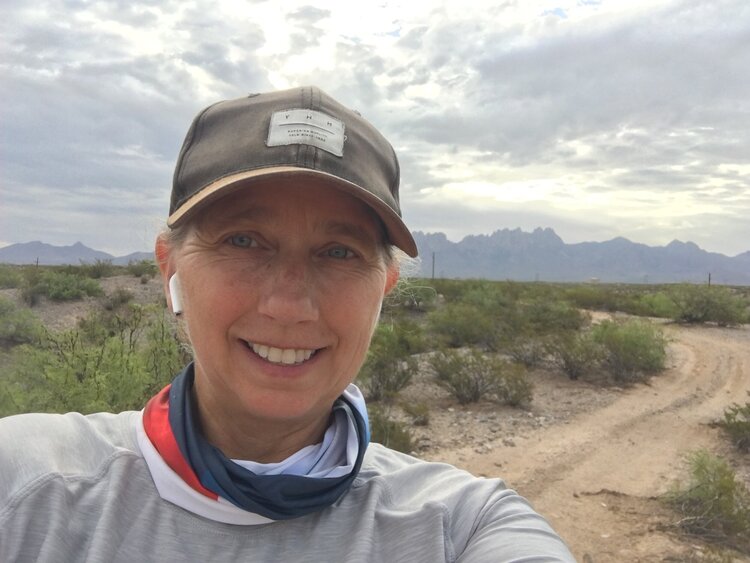“Ah, I can breath easily now. They are all here.”
The Danish sun has warmed our faces as we waited for the students to gather. They’ve been given two hours, in pairs or groups, to eat lunch and meet us at the end of the pedestrian zone. We, as teachers monitor the zone, watch people, and chat but we always have the students on our minds. There’s a relief when we see a couple of them wander by or go into a restaurant, even if it is McDonalds, and sit down. You know exactly where they are and that they’re safe.
We slowly count the students as they meander towards us. They are happy with stomachs now filled and having enjoyed the short time to self-govern themselves. 99% of the time the students are well behaved, careful, and rule abiding. However, it’s always a relief when they all accounted for. So, I understand my colleagues quiet exclamation and sigh of relief.
This trip is a bit different for me as I came in the role of parent rather than chaperone. However, my husband is one of the coaches and I have taught or am currently teacher to 12 of the 14 students in tow. Thus, I naturally find myself in a chaperoning role for two reasons. One, I genuinely care about the students and two, they associate me as one of the chaperones because I am their teacher. Thus, I also share my colleague’s feelings.
Students from this school year's trip week to Berlin at a location along the former wall.
There are many reasons teachers find themselves on overnight trips with students. A major one is trip week: a rather common occurrence in international schools across the world. Generally speaking, the purpose is to acquaint students with and help them gain a greater appreciation for their host country/region.
Students with my colleague and me in the arctic circle for our CanSat trip.
There are overnight trips associated with extracurricular activities such as Mini United Nations (MUN) and Global Issues Network (GIN). Or for example, the trip I took with IB students to the Arctic Circle for the CanSat competition. And, of course the countless journeys that coaches undertake for meets, games, and tournaments. For me, as a science teacher most of my trips are limited to trip week.
Being a chaperone on an overnight student trip carries a lot of responsibility. Parents have entrusted the care, well-being, and safety of their children with you. As such, it’s not a restful experience, no matter how wonderful the students are. You’re always on the alert, always hoping they are well and safe, both under your own eyes and especially during “free time” you give them.
Students on our "walking tour" in Copenhagen this morning.
On this trip the coaches were busy with the athletes all day at the meet and then late into the evening on Saturday night as the students attended the local amusement park, Tivoli. So, to help them out, I scouted a walking route we could do with the students on Sunday morning before our departure, ensuring there were restaurants for the students to have lunch before traveling. I walked the entire route and planned some alternative activities (if we had loads of time, for example, there was a canal tour of Copenhagen that would have been a viable option) if we needed. Because, the more structured the days are, the less likely students will get bored and ‘into trouble’ and thus, the easier it is to chaperone. Additionally, building in some free time is also greatly appreciated by secondary students. So, today we followed the route and allowed students time to eat in an eatery of choice in the pedestrian zone, yielding a positive ending to the Copenhagen track and field adventure.
Students amused by street entertainment in Copenhagen this morning.
This group of students is equally amazing on a personal level as on the track and field. They are cheerful, obliging, and cooperative. So, it is a smooth morning. Then, we travel by train and plane and are greatly relieved once all students are safely delivered to their homes.
It is definitely worth the time and effort to schedule and plan for such events for students. To meet, mingle and compete with pupils from other schools and other parts of the world contributes to the globally minded education we are so committed to deliver.
